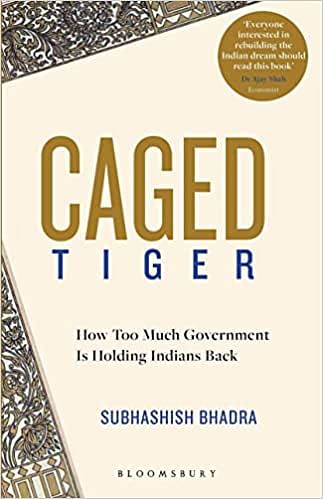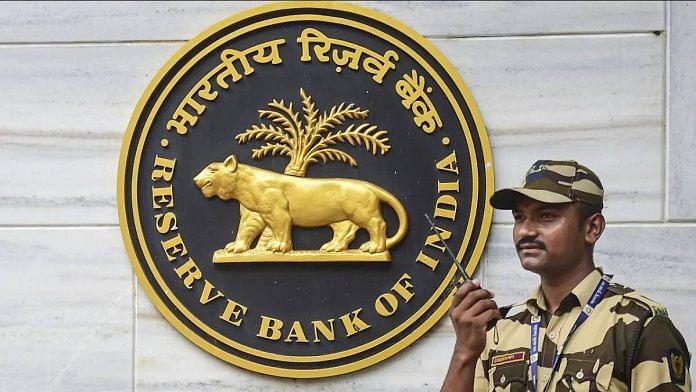The rapid rise of Reliance Jio has not only made it the dominant telecom player in India but catalysed an internet revolution in the country. Aggressive pricing by the company resulted in the average cost of 1 GB of data falling from `225 in 2016 to `18.5 in 2020, thus giving Indians the cheapest access to the internet anywhere in the world. Cheap internet, in turn, led to a boom in e-commerce, with the number of online shoppers increasing by 33 per cent in 2017 alone.18 Indians became the most prolific internet users in the world, spending hours every day on social media, video streaming, education portals and more. The company that created this windfall cashed in too—in 2020, Reliance Jio raised over $20 billion from marquee investors such as Facebook and Google. It is one of the most audacious success stories in Indian business and has left observers awestruck.
Like any business fairy tale, Jio’s rise had its fair share of detractors. The association of incumbent telecom companies accused the sector’s regulator of being biased against them. As evidence of this ‘pattern of discrimination’, it identified three specific policies related to tariffs and technical specifications that it said were changed to benefit new players like Jio. Employees of government-owned telecom provider BSNL also accused the central government of favouring Reliance Jio in awarding state-funded projects to it, thereby creating an uneven playing field. Accusations of bias have flown fast and thick in both directions and are to be expected in a hypercompetitive industry like telecom. However, alarm bells began ringing when even the third largest company in the sector, Vodafone Idea, teetered on the brink of collapse.
Such accusations are at par for the course in any sector where commercial stakes are high and where government policies can create either windfall or drought for private companies. Two of India’s leading airlines, for example, accused a government policy of bias in allocating airport parking slots freed up by the closure of a rival airline. Industrialist Anil Ambani in 2009 accused the government of being biased against him in a pricing dispute that he had with his brother. The primary opposition party in Gujarat in 2012 accused the state government of being biased in favour of a business group with which ruling party leaders had partnerships. Whether true or false, accusations of bias by reputed companies hurt investor sentiment. Therefore, countries seek to set up good institutions that can act as neutral arbiters in markets and thereby engender confidence.
This is also the reason why India started setting up many independent regulators in the 1990s, as the economy transitioned from a centrally planned regime into a free-market one. Governments often do not have the right skills and incentives to create all rules within the economy, especially when it comes to more technical topics such as telecom and food safety standards. Moreover, governments are headed by politicians, who may be open to outside influence from businessmen who lobby for regulations to be more conducive to their commercial interests. For these reasons, India created independent regulators to insulate economic decision-making from the vagaries of governments.
Under the new scheme of things, Parliament creates laws but entrusts purportedly independent regulators with implementation. Regulatory bodies are meant to house experts who have the right technical skills and are protected from undue government or private sector influence. A regulator performs all three functions of government, thus becoming a ‘mini-government’ by itself. It frames laws and rules that are assigned to it by Parliament, thus performing a legislative function. It enforces these rules and investigates whether businesses are complying with them, thus performing an executive function. If it finds any violations or receives complaints, it imposes fines and penalties on the violators, thus performing a judicial function. Regulators are, therefore, powerful entities, and any concentration of power in a democracy must be accompanied by commensurate safeguards. In India, unfortunately, the laws that set up many regulators do not meet the three principles of good institutions.
First, the laws that set up these regulators are often not tightly written. For example, according to payments regulation from 2007, ‘the Reserve Bank shall be the designated authority for the regulation and supervision of payment systems under this Act’. The very activity of regulating has become the objective of this regulator. There is no outcome that the regulator is meant to achieve. Compare this to the specificity in the law that set up the US securities regulator, which identifies the protection of investors, efficiency, greater competition and capital formation as its objectives. When the objectives are clear, it is easier to evaluate the performance of the regulator and ensure that each of its actions is in pursuit of the objective. When laws are vaguely worded, the regulator acquires lots of discretionary power that also creates uncertainty for businesses.
Even on issues where the law is relatively clear, regulators often creatively interpret their mandate. This gives them greater flexibility to go about their role but also comes at the risk of eroding democratic accountability. For example, laws that set up most regulators allow them to issue regulations, which are accompanied by some checks and balances. However, many regulators issue circulars, orders, directions, guidelines and other legal instruments that find no mention in the law and, therefore, do not come with the same safeguards. This means that governments and regulators are writing many important rules about our lives without consulting our elected representatives. For example, a study found that only 4 per cent of the central bank’s rules and 30 per cent of the securities regulator’s rules were placed before Parliament in a two-year period in 2014–16.
Second, most regulators in India need not be transparent about their functioning. In theory, most laws and rules that are made by regulators need to be placed before Parliament and the latter can choose to overrule them if it so wishes. Most regulators also submit annual reports to Parliament, which can evaluate them to see whether regulators are performing their functions efficiently. Regulators can also open themselves directly to the people by conducting public consultations for each important regulation that they create.
Regulators in India, however, often either do not undertake these activities or undergo them only perfunctorily. For example, the annual reports filed before Parliament by the Indian securities market regulator lack details about its strategic goals, targets and performance results—all of which are part of the US securities regulator’s annual report. Similarly, regulators sometimes drag their feet on accountability to Parliament—the securities regulator, for example, did not place far-reaching changes to India’s insider trading regime before Parliament for several years, even though the law that set it up mandates that it do so ‘as soon as may be possible’.
 This excerpt from Caged Tiger: How Too Much Government Is Holding Indians Back by Subhashish Bhadra has been published with permission from Bloomsbury India.
This excerpt from Caged Tiger: How Too Much Government Is Holding Indians Back by Subhashish Bhadra has been published with permission from Bloomsbury India.



